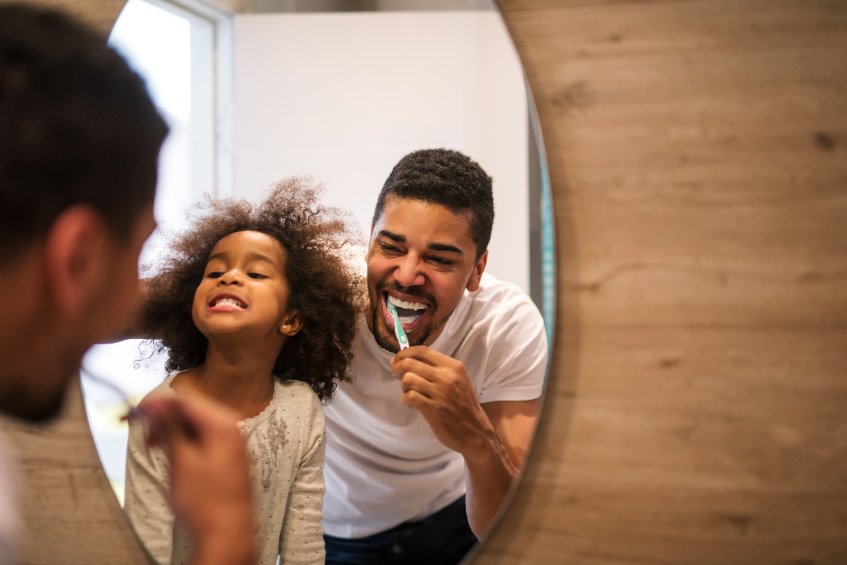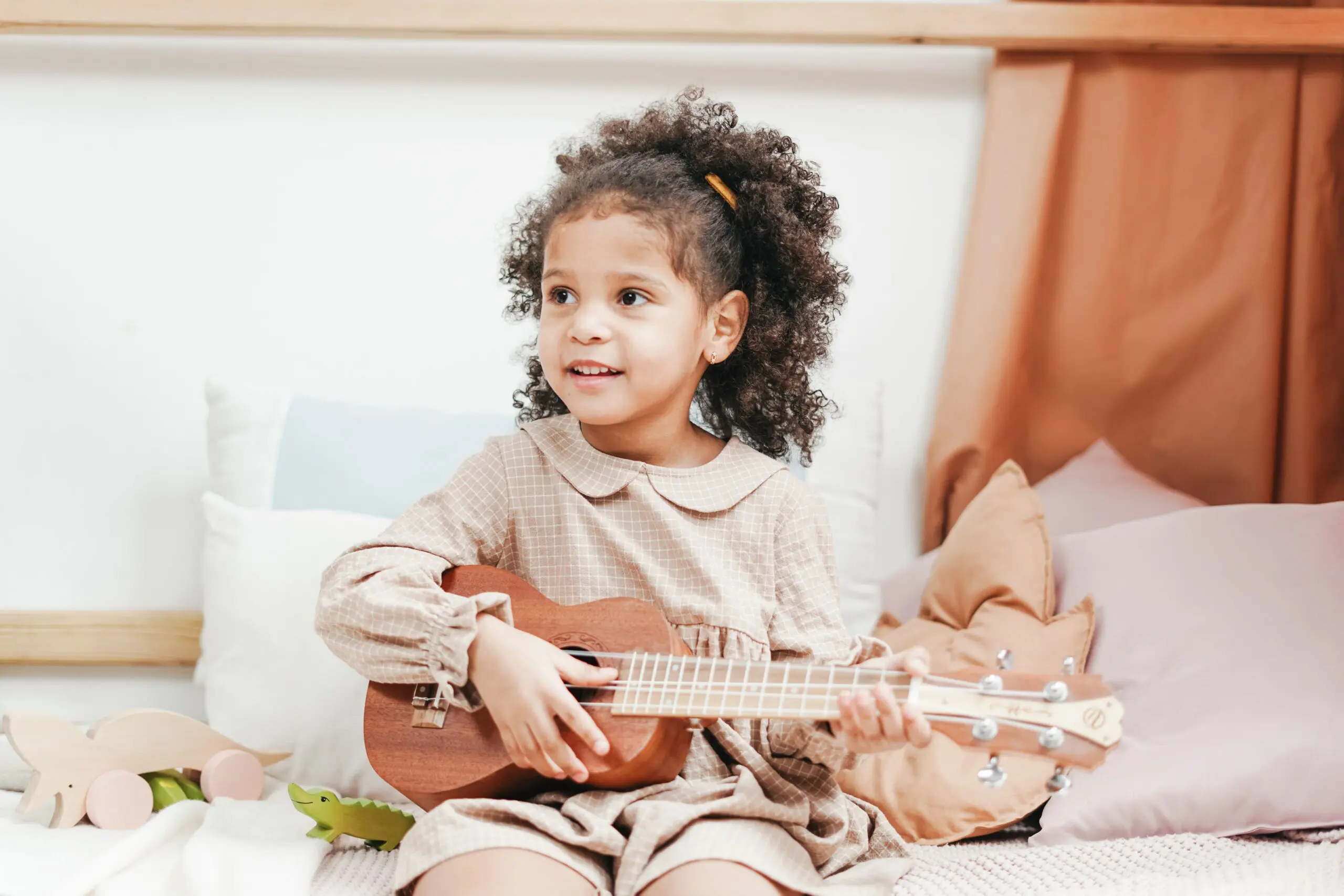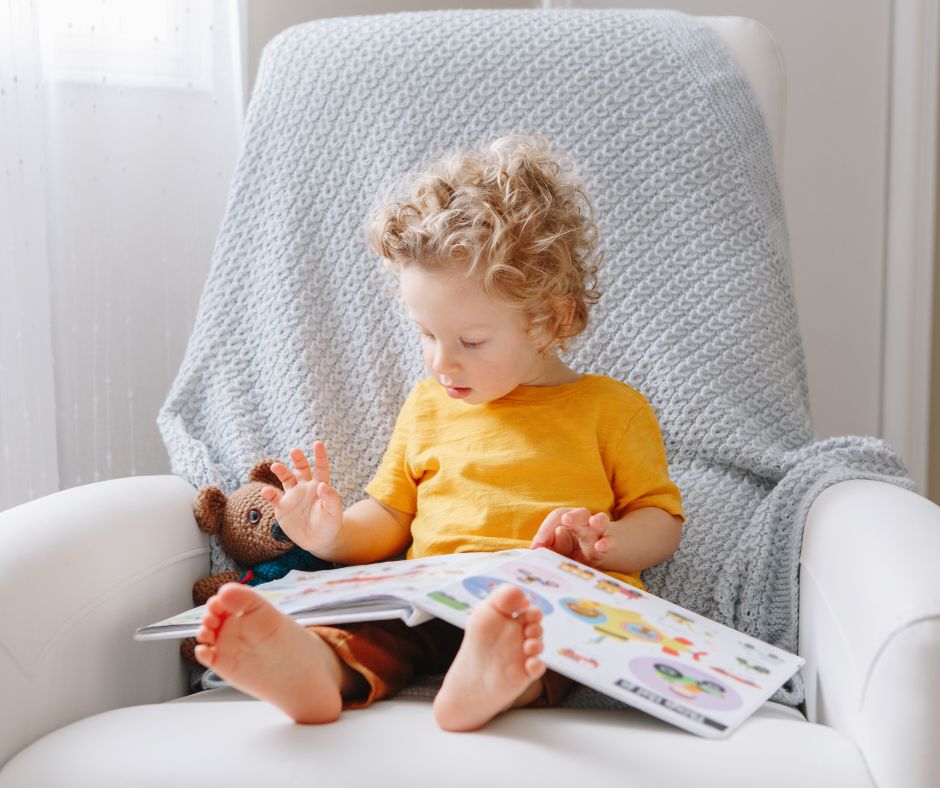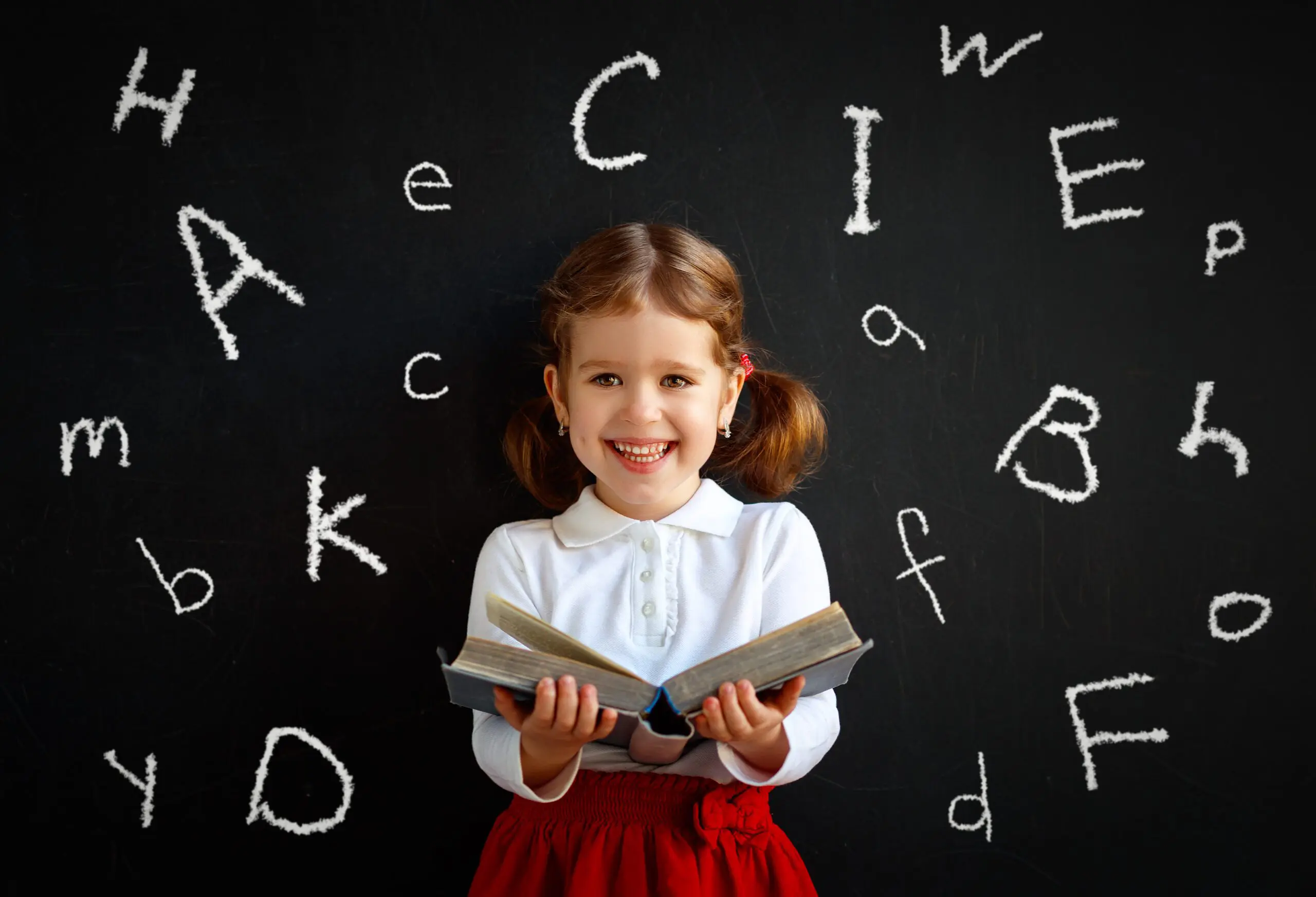The importance of learning life skills in a child’s early years cannot be overemphasized. In fact, the preschool years are the perfect time to introduce the skills that help children to be independent, responsible and confident. These are essential for everyday living and learning how to be self-reliant adults. Learning these skills at an early age also helps children be better prepared for kindergarten and beyond. But what are life skills?
What are life skills?
Life skills are the abilities and knowledge that help us cope with everyday life’s demands and challenges. They enable us to solve problems, make decisions and get along with others. Some life skills are practical, like cooking or budgeting, while others are interpersonal, like communication or conflict resolution.
There are many reasons why practical life skills are essential for children to learn. For one, they help children to be independent and self-sufficient. This is crucial not only in terms of daily living but also in terms of academic success. Studies have shown that children who have developed practical life skills are more likely to do well in school and be successful in their future careers.
So what practical life skills should you teach your preschooler? Here are eight that we think are important:
Dressing up and undressing
One of the most important practical life skills you can teach your preschooler is how to dress and undress. Being able to dress and undress independently is a vital part of daily life and helps kids become more independent and confident. It also comes in handy when they’re trying to get dressed in a hurry or when you need to be freed up from helping them whenever they need to change clothes. Start with simple tasks like putting on a shirt or pulling up their pants, and then move on to more challenging tasks like buttoning up a shirt or zipping up a jacket.
Washing hands and face
Proper hygiene is crucial for good health, so teaching your child how to wash their hands and face properly is important. Show them how to wet their hands, use soap and lather up, then rinse well and dry off. For the face, demonstrate how to wet a washcloth or use a facial cleanser, then gently scrub the face in a circular motion before rinsing clean. Explain why it’s important to wash their hands and face regularly, especially after using the restroom or playing outside.

Brushing teeth
Another important hygiene skill is brushing teeth. Start by showing your child how to wet their toothbrush, put toothpaste on it (a pea-sized amount is all that’s needed), and then brush in a circular motion. Demonstrate how to brush the front, top and back of their teeth, as well as their tongue. Once they’ve got the hang of it, let them practice on their own while you supervise. It’s also important to explain why brushing teeth is important and how to do it properly so they can continue doing it independently when they’re older.
Using the toilet
Using the toilet independently is a major milestone for any child. But for many kids, this can be a challenging task. If your child is having trouble using the toilet independently, there are a few things you can do to help them out. First, make sure they’re using the proper toilet for their size. A child-sized toilet or potty chair is much more comfortable and easier to use than an adult-sized one. Second, show them how to properly wipe themselves after using the toilet. Finally, explain the importance of washing their hands after using the toilet.
Putting away their toys
A key part of daily life is cleaning up after oneself, including putting away toys. Show your child how to pick up their toys and put them away in their proper place. You can also teach them how to sort their toys by type or size. This is a great practical life skill because it helps kids learn how to organize and tidy up their space. It also comes in handy when they need to clean up quickly, like before company comes over.
Setting the table
Setting the table is another practical life skill that’s useful in daily life. And it’s not just for special occasions! Show your child how to set the table for breakfast, lunch and dinner. You can also teach them to clear the table and load the dishwasher (if you have one). This is a great skill to teach because it helps kids learn how to be independent and responsible for helping out around the house.
Pouring drinks
Pouring their drinks is a practical life skill many kids find empowering. It’s also a great way to avoid spills! Show your child how to pour milk, juice or water into a cup without spilling. You can also teach them how to measure liquids using a measuring cup. This is a great skill for kids because it helps them become more independent and confident in their abilities.
Making their bed
Making their bed is another practical life skill that can help kids feel more grown up. It’s also a great way to start the day on a positive note. Show your child how to straighten their sheets and blankets, then tuck them in at the corners. You can also teach them how to fluff their pillows and arrange them just so. This is a great skill because it helps kids learn to be tidy and organized. Plus, it’s a great way to get them excited about making their bed each morning!
There are many practical life skills that you can teach your preschooler. These skills will help them in their daily life, both now and in the future, and it’s never too early to start!
At Children Central, our goal is to provide a smart start for your early learner. We always keep keep in mind your child’s well being. We make sure to provide spacious and bright classrooms and ultra-safe and clean environments, and pride in our highly-qualified teachers to keep your children happy and constantly learning new things. Visit us to learn more!



